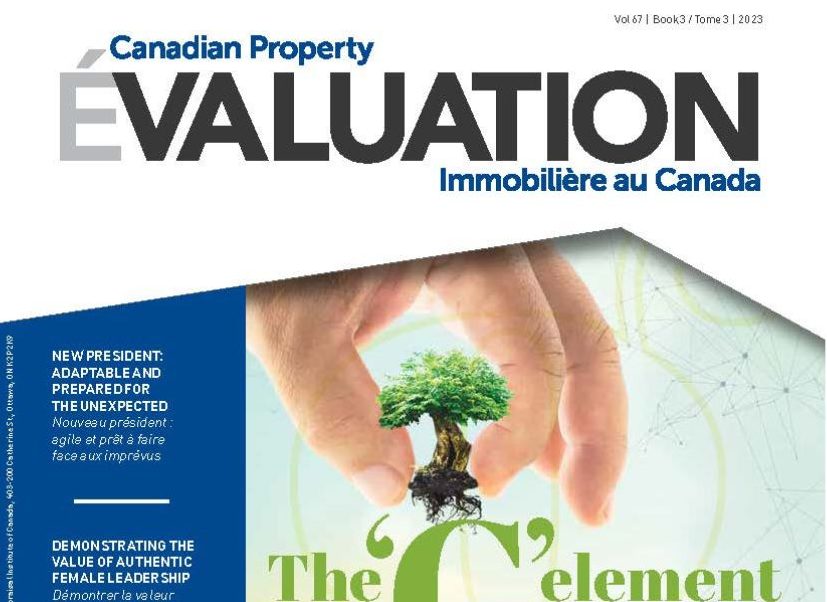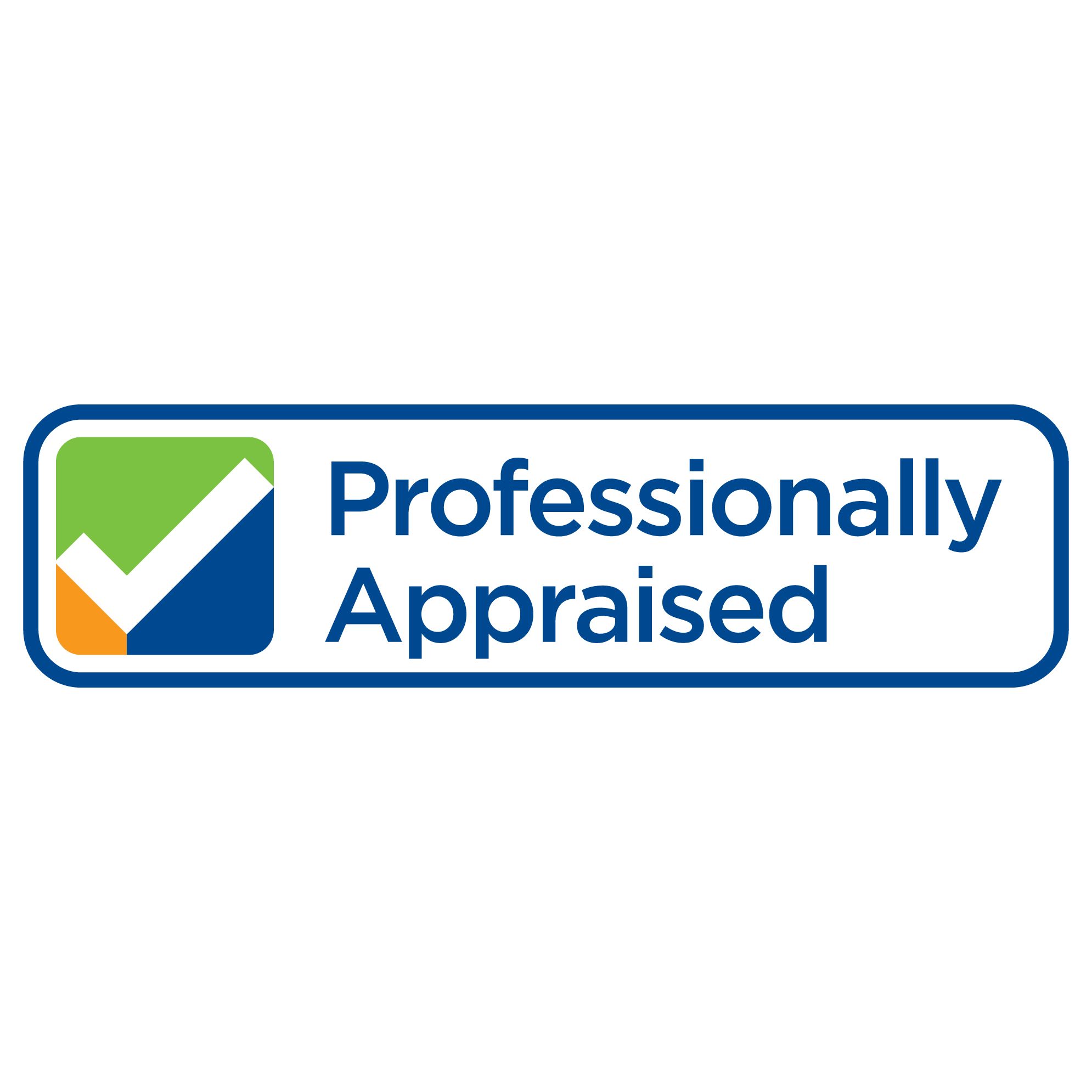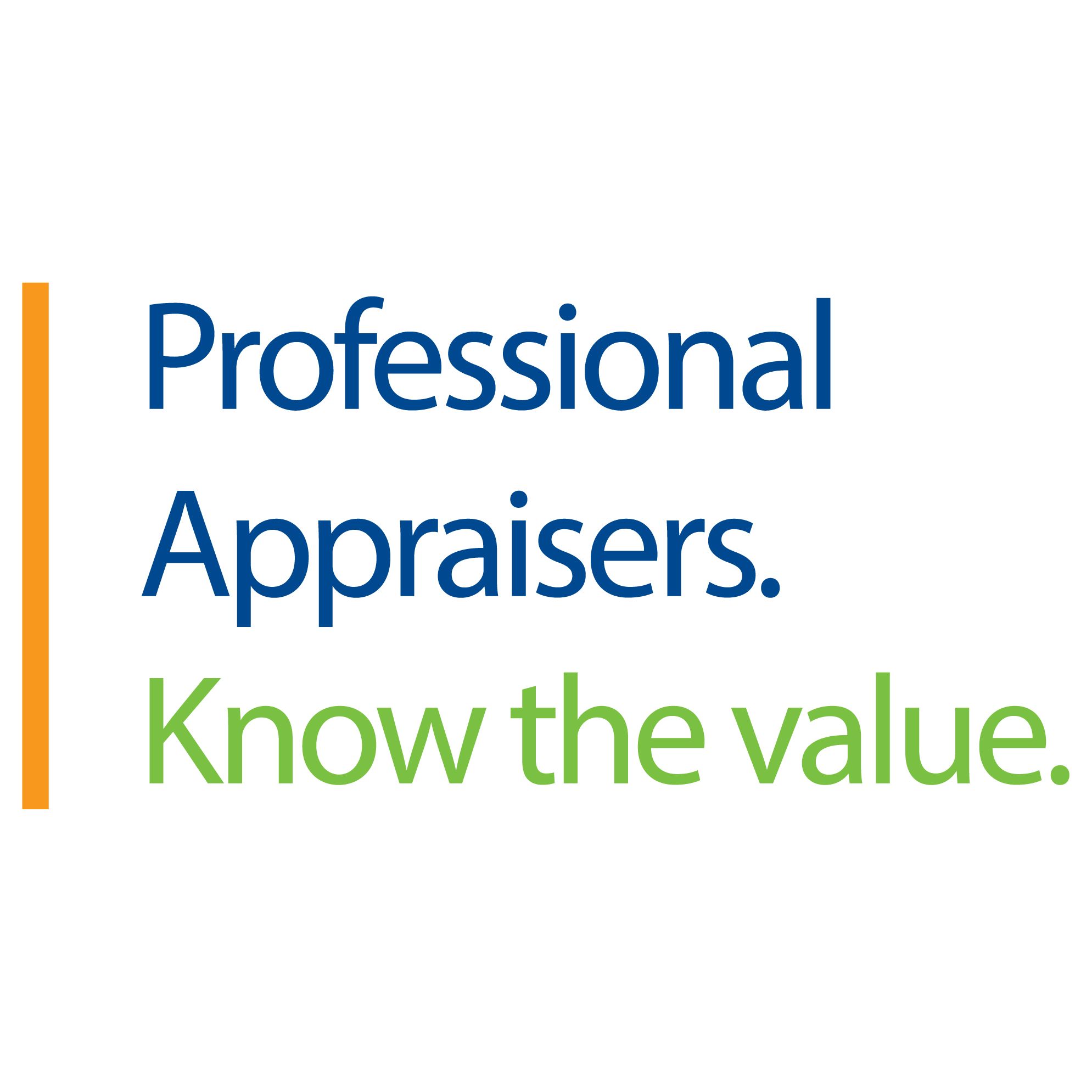Why Become a Professional Appraiser
Top 3 Reasons to Earn A Professional Appraiser (P. App.) Designation
DEMAND FOR APPRAISAL SERVICES
There is an important demand for appraisal services in Canada! The appraisal profession has seen a significant number of retirements over past years (which will continue in the near future, like so many other sectors), and many bright, young professionals are needed to help grow the profession and meet consumer and client demands.
COMPETITIVE INCOME
Earn more than those without a professional designation. AIC Professional Appraisers are specialists in their field, with proven knowledge and experience – all of which leads to higher earning potential!
A professional designation also increases your marketability and opportunities vs an individual who may not have a professional designation.
In 2018, the average net income of AIC Members was $90,000 and more experienced members have the potential to realize incomes in excess of $100,000 annually.
*Numbers will be updated in the very near future.
DESIGN YOUR PATH TO DESIGNATION
Earn your designation at your own pace, online or in person. Becoming an AIC Professional Appraiser offers great flexibility in completing your educational requirements, as well as delivery of course material. This means you can become a Professional Appraiser as a second career or while raising a family.
AIC-designation requirements are delivered in English through The University of British Columbia, Sauder School of Business and in French through Université Laval.
The average candidate takes 3-5 years of education and experience to obtain their AIC Professional Appraiser designation (AACI or CRA). A Candidate Member typically works as an appraiser-in-training and takes courses at the same time. This of course varies depending on the time you commit to obtaining the professional designation.
PLAN YOUR OWN SCHEDULE
Work where and when you want within Canada. AIC Professional Appraisers enjoy the ability to work in any Canadian province or territory and at your own pace whether you are looking for the right work/life balance, the independence to accept the type of assignment you are interested in and much more. Essentially, this profession provides you with flexibility of choosing your career path, your structure, and your work load the best suits that best suits your lifestyle and priorities.
ENJOY A VARIETY OF JOB OPPORTUNITIES
Engage in a broad range of valuation assignments for a diverse set of clients. As a Professional Appraiser, you can provide valuation services on all types of properties, such as residential properties, commercial buildings, institutions, natural resource rich areas, special use facilities, and personal property (ie, machinery and equipment).
You can even play an important role in Indigenous land claims, determining the use of development land, or valuing green retrofits!
Some job opportunities for Professional Appraisers include:
- Commercial Real Estate firms such as Altus, CBRE, Colliers, Avison Young, and Cushman Wakefield, as well as insurance companies and banks
- Public employers such as municipal planning/zoning departments and assessment agencies like BC Assessment or the Municipal Property Assessment Corporation (MPAC) and government departments such as the Ministry of Transportation
- Financial Institutions such as the Royal Bank of Canada, TD Canada Trust, CIBC
- Mortgage insurers such as the Canada Mortgage and Housing Corporation (CMHC), Sagen, and Canada Guaranty
- Appraisal Management Companies
- Utility companies such as Hydro One and Manitoba Hydro
- Federal government employers such as Public Services and Procurement Canada (PSPC) and the Canada Revenue Agency (CRA)
Becoming an AIC Professional Appraiser opens doors across the entire real estate sector and sets you on a career path that is both personally and professionally rewarding.
CREDIBLE
Benefit from a recognized hallmark of quality and professionalism. AIC designations are recognized worldwide.
The Professional Appraiser (P. App.) trademark and accompany designations (Accredited Appraiser Canadian Institute – AACI or Canadian Residential Appraiser – CRA) are the hallmarks of the exceptional education, experience, and professionalism of those who hold them.
AUTHORIZED
Authorized by legislation across Canada. An AIC Professional Appraiser designation (AACI or CRA) is required in various federal, provincial, and municipal legislation and regulations across the country, and specified as a necessary requirement by industry institutions and professionals (banking, insurance, lawyers, real estate agents, and mortgage brokers, among so many others). Requirements specifying work from AIC Professional Appraisers helps them build business, keep up to date with industry trends and changes, receive important insights, and excel in their field.
The AIC is recognized amongst government and industry professionals as being the premier valuation association in Canada which, once again, is beneficial to AIC Professional Appraisers in their to excel.
RECOGNIZED
Receive instant recognition from all industry participants. AIC Professional Appraisers are widely respected and sought after by:
- investors,
- property managers & condominium boards,
- accountants,
- financial institutions,
- insurers,
- courts,
- all levels of government,
- Appraisal Management Companies, and
- private sector professionals, just to name a few.
The AIC is recognized by government and industry professionals as the premier valuation association in Canada. An AIC Professional Appraiser is Canada’s appraisal professional of choice.
CONTINUED LEARNING
Upgrade your skills and expertise. All AIC Professional Appraisers get access to exclusive continued learning opportunities. For the duration of their careers, these courses, seminars, and conferences give our Members a leg up on the latest trends in valuation and real estate so that they can stay at the forefront of the profession.
AIC Professional Appraisers are required to obtain 24 Continued Professional Development credits over every two-year period to ensure their constant advancement in the field.











